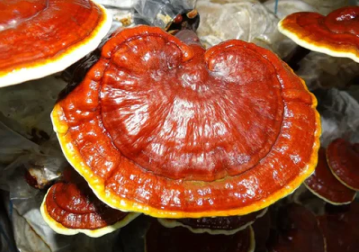Medicinal mushrooms as an attractive new source of natural

- 2023-08-21
- 10:33 am
- Posted By: Erik-Lusuardi
Medicinal mushrooms have been used throughout the history of mankind for treatment of various diseases including cancer. Nowadays they have been intensively studied in order to reveal the chemical nature and mechanisms of action of their biomedical capacity. Targeted treatment of cancer, non-harmful for healthy tissues, has become a desired goal in recent decades and compounds of fungal origin provide a vast reservoir of potential innovational drugs. Here, on example of four mushrooms common for use in Asian and Far Eastern folk medicine we demonstrate the complex and multilevel nature of their anticancer potential, basing upon different groups of compounds that can simultaneously target diverse biological processes relevant for cancer treatment, focusing on targeted approaches specific to malignant tissues. We show that some aspects of fungotherapy of tumors are studied relatively well, while others are still waiting to be fully unraveled. We also pay attention to the cancer types that are especially susceptible to the fungal treatments.
